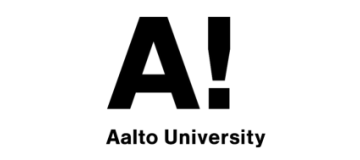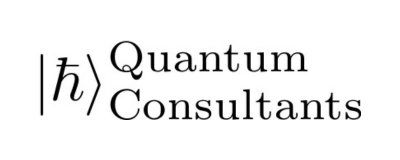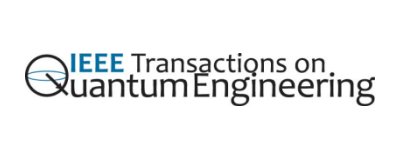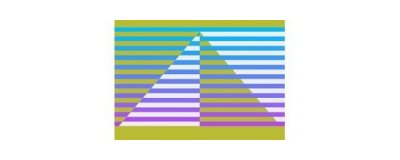About QRE
This is the third international workshop on the emerging field of Quantum Resource Estimation (QRE), benchmarking and performance analytics. The previous editions were QRE2020 and QRE2019.
We hope to encourage participation from those working in quantum algorithm optimization, error-correction, architecture design, quantum compilation, classical control and resource benchmarking.
The workshop is focused around developing techniques and tools that aid quantum software and algorithm design, informed by the realities of the hardware architectures. QRE shifts the perspective from complexity theoretic arguments to quantitative computer architecture arguments.
The goal is to reduce the physical resource1 costs for interesting quantum algorithms as quickly as possible. Small-scale, cloud-based NISQ machines sparked the interest of exact, realistic and non asymptotic resource estimations. It is still uncertain if any valuable quantum algorithm2 is possible without incorporating costly error-correction protocols that make estimation, benchmarking and optimization far more complex. QRE is the forum to share research on the near term feasibility of interesting2 quantum algorithms.
Organisers
Alexandru Paler, Aalto University, Espoo, Finland
Simon Devitt, University of Technology, Sydney, Australia
Daniel Herr, d-fine, Zurich, Switzerland

Technical Program Committee
Nicolas Delfosse, Microsoft
David Elkouss, TU Delft
Stuart Hadfield, USRA / NASA QuAIL
Dominic Horsman, University of Grenoble
Aleks Kissinger, University of Oxford
Michael Marthaler, HQS
Konstantinos Meichanetzidis, University of Oxford
Ruslan Shaydulin, Argonne National Laboratory
Himanshu Thapliyal, University of Kentucky
1Physical resources for executing a quantum algorithm can vary significantly. Resource costs are influenced by the resultant quantum circuits through their structure and designed precision. Additional overheads are introduced by the physical constraints of the quantum hardware. Quantum error correction is also resource hungry. Even the design and the performance of the classical control software that compiles algorithms and controls the quantum computer has a non-negligible impact on resources.
2Algorithm that outperforms classical supercomputers either in a theoretical or monetary sense.
Quantum computation has a growing number of promising application areas such as quantum chemistry, quantum optimisation and finance. However, the first industrially relevant and scalable quantum computer seems to be at least a decade away. Therefore, one of the most pressing questions is "How many physical qubits and how much time is necessary to execute a quantum algorithm on a selected hardware platform where the algorithmic output is more important than the fact a quantum computer was used to calculate it?"
By examining this question in depth we can motivate continued investment for quantum computing, further enable resource friendly quantum algorithm development and continue to push technological advances that will lead to a scalable quantum computing ecosystem.
The workshop will bring together researchers to discuss new methods and directions needed to develop, as soon as possible, the tools to:
- accurately analyze and benchmark complex quantum algorithms
- adapt error-correction techniques
- refine classical control and hardware microarchitectures
- enable scientifically and commercially relavant quantum applications
Research papers, tutorials, software and other demonstrations, and work-in-progress reports are within the scope of the workshop. Invited talks by leading international experts will complete the program. Contributions on all areas of quantum performance analytics are welcome:
- High level quantum circuit analytics.
- Fault-tolerant quantum circuit analytics.
- Clifford+T optimisation strategies.
- Resource efficient surface code implementations.
- Surface code decoders.
- Practical quantitative analysis of surface code alternatives.
- Noisy Intermediate Scale Quantum (NISQ) evaluation.
Initial submission for QRE2021 will consist of an extended abstract, limited to 2+epsilon-pages (including figures and references, please don't go nuts with the epsilon!). Contributions must be written in English and report on original, unpublished work, not submitted for publication elsewhere.
Upon acceptance, researchers are invited to submit full research papers (maximum 12 pages), as well as work-in-progress or tool demonstration papers (maximum 6 pages).
The full papers are submitted after the workshop (see important dates below) and the best papers will be recommended to a second review round for IEEE Transactions on Quantum Engineering.
Important Dates
Invited Speakers
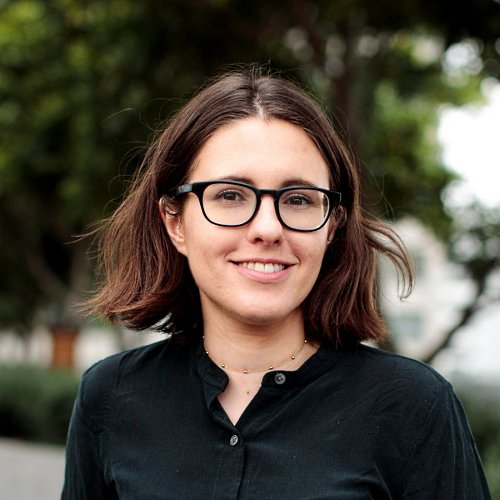
Maria Kieferova
University of Technology Sydney
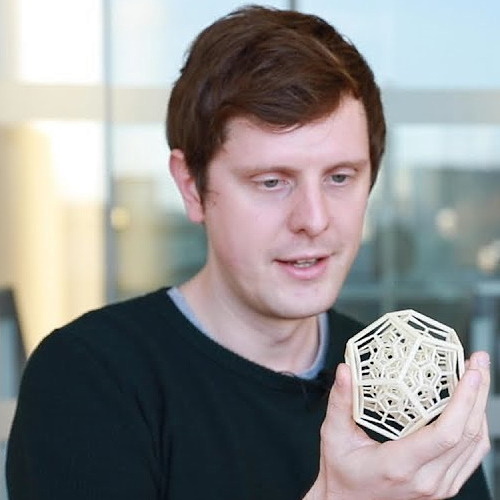
Nikolas P. Breuckmann
University College London
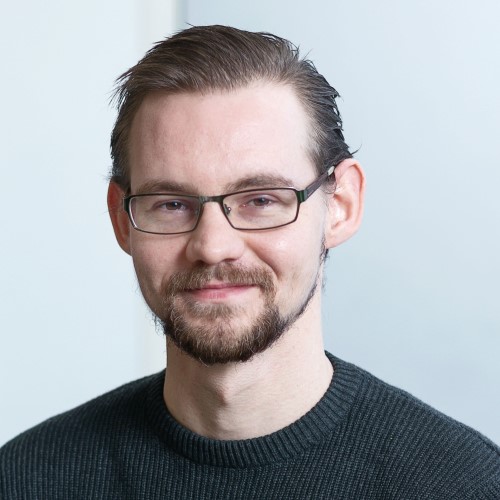
John van de Wetering
Oxford University

Yuval R. Sanders
University of Technology Sydney
Event Schedule - all times are EDT/CET/AET
Algorithms and Circuits
To attend and watch the talks, please Register
Quantum Barren Plateaus and Generative Training
Maria Kieferova
Quantum neural networks promise new ways to interpret classical and quantum data sets. Many of the proposed quantum neural network architectures exhibit a concentration of measure leading to barren plateau phenomena. In this talk, I will show that, with high probability, entanglement between the visible and hidden units can lead to exponentially vanishing gradients. To overcome the gradient decay, our work introduces a new step in the process which we call quantum generative pre-training.
Fault-tolerant resource estimate for quantum chemical simulations: Case study on Li-ion battery electrolyte molecules
Isaac Kim, Eunseok Lee, Ye-Hua Liu, Sam Pallister, Will Pol and Sam Roberts
Reducing the CNOT count for Clifford+T circuits on NISQ architectures
Vlad Gheorghiu, Sarah Li, Michele Mosca and Priyanka Mukhopadhyay
Optimising quantum networks robustness in adversarial scenarios
Darcy Morgan, Hudson Leone, Madhav Krishnan Vijayan and Peter Rohde
Coffee Break
Applications
To attend and watch the talks, please Register
Quantum compilation using the ZX-calculus
John van de Wetering
The ZX-calculus is a graphical language for reasoning about quantum computation. In this talk I will show how it can be used to optimise quantum circuits, verify equality of circuits and do classical circuit simulation.
Local optimisation of ZX-diagrams to minimise CNOT count
Aleks Kissinger and Ryan Krueger
Quantmark: A benchmarking API for comparing VQE algorithms
Arianne van de Griend, Sabrina Maniscalco and Jukka K. Nurminen
Estimation of correlations and non-separability in quantum channels via unitarity benchmarking
Matthew Girling, Cristina Cirstoiu and David Jennings
Coffee Break
QECC
To attend and watch the talks, please Register
LDPC Quantum Codes: Challenges and Opportunities
Nikolas P. Breuckmann
Distance-four quantum codes with combined postselection and error correction
Prithviraj Prabhu and Ben Reichardt
Topological Concatenation of 2D Color Codes
Alexandre Guernut and Christophe Vuillot
Hardware Implementation of Scalable Decoders for QLDPC codes
Nithin Raveendran, Francisco Garcia-Herrero, Javier Valls and Bane Vasic
Evaluation of Quantum Generalized Belief Propagation Decoder
Laura Rodriguez-Soriano, Francisco Garcia-Herrero, Nithin Raveendran, Bane Vasic and Juan Antonio Maestro
Compilation of fault-tolerant quantum heuristics for combinatorial optimisation
Yuval R. Sanders
We explore which heuristic quantum algorithms for combinatorial optimization might be most practical to try out on a small fault-tolerant quantum computer. For instance, under quantum-favorable assumptions (e.g., that the quantum algorithm requires exactly quadratically fewer steps), our analysis suggests that quantum accelerated simulated annealing would require roughly a day and a million physical qubits to optimize spin glasses that could be solved by classical simulated annealing in about four CPU-minutes.

